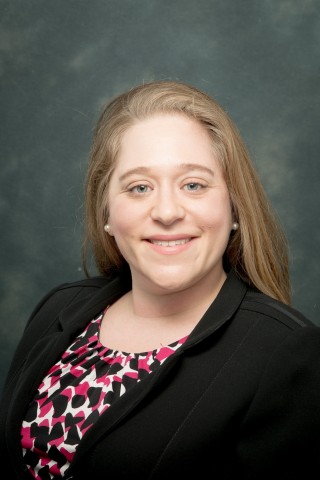As educators, we must remember to go “back to basics,” in times of uncertainty or when we experience new teaching and learning challenges. Adult learners desire to give and receive feedback about their learning experiences. Educators navigating the transition to online teaching and learning can utilize this in their favor. Although varied methods can be utilized, one simple, efficient, translatable, and free way to do so is to implement the “Plus/Delta Debriefing Model” (Plus/Delta) as part of routine educational quality improvement.
The aim of the Plus/Delta is to quickly generate useful feedback by asking learners to identify what specifically went well with the educational session and what specifically could be improved for next time. These data are collected by the educator immediately following the session via online survey link for individual feedback or a shared virtual document for crowdsourced feedback. When collected anonymously, this allows learners a safe method to offer constructive feedback which they might not otherwise feel comfortable sharing.
Educators who implement this model must commit to being receptive to learner feedback and embrace both a growth mindset and a goal for continuous educational improvement. This includes sharing the aggregated, anonymized feedback with learners, making iterative changes to course design when possible, and being transparent with learners when changes cannot be made. A secondary benefit of the Plus/Delta is that it aligns with the “learner’s need to know” adult learning theory principle and ensures that learners have some sense of partnership in their learning. Additionally, as educators are adjusting instruction methods, consider how you can meaningfully share what you learned through the Plus/Delta with your colleagues.
Have you tried the Plus/Delta as part of in-person or online teaching and learning? Share your experiences on Twitter using #MedEdPearls!
#MedEdPearls are developed monthly by the Central Group on Educational Affairs. Previously, #MedEdPearls explored topics including learner feedback, peer observation, and mastering adaptive teaching in the midst of COVID-19.
Author BIO

Kristina Dzara, PhD, MMSc (Educators ‘16, Assessment ’16; Healthcare 2.0 ’17), is a PhD Medical and Health Profesisons Educator. She serves as Assistant Dean for Scholarly Teaching and Learning, Director of the Center for Scholarly Teaching and Learning, and Associate Professor of Family and Community Medicine at the Saint Louis University School of Medicine. Kristina’s areas of professional interest include the science of teaching and learning, facutly development, curriculm development, educational scholarship, and the use of social media in medical and health professions education. Kristina can be followed on Twitter or LinkedIn.
#MedEdPearls

Jean Bailey, PhD – Virginia Commonwealth University School of Medicine
Rachel Moquin, EdD, MA – Washington University School of Medicine

